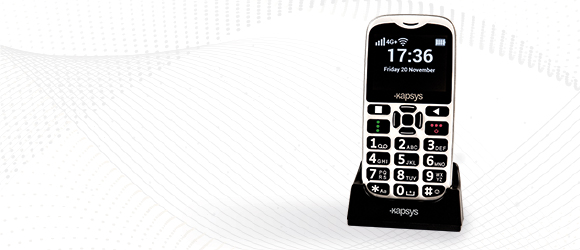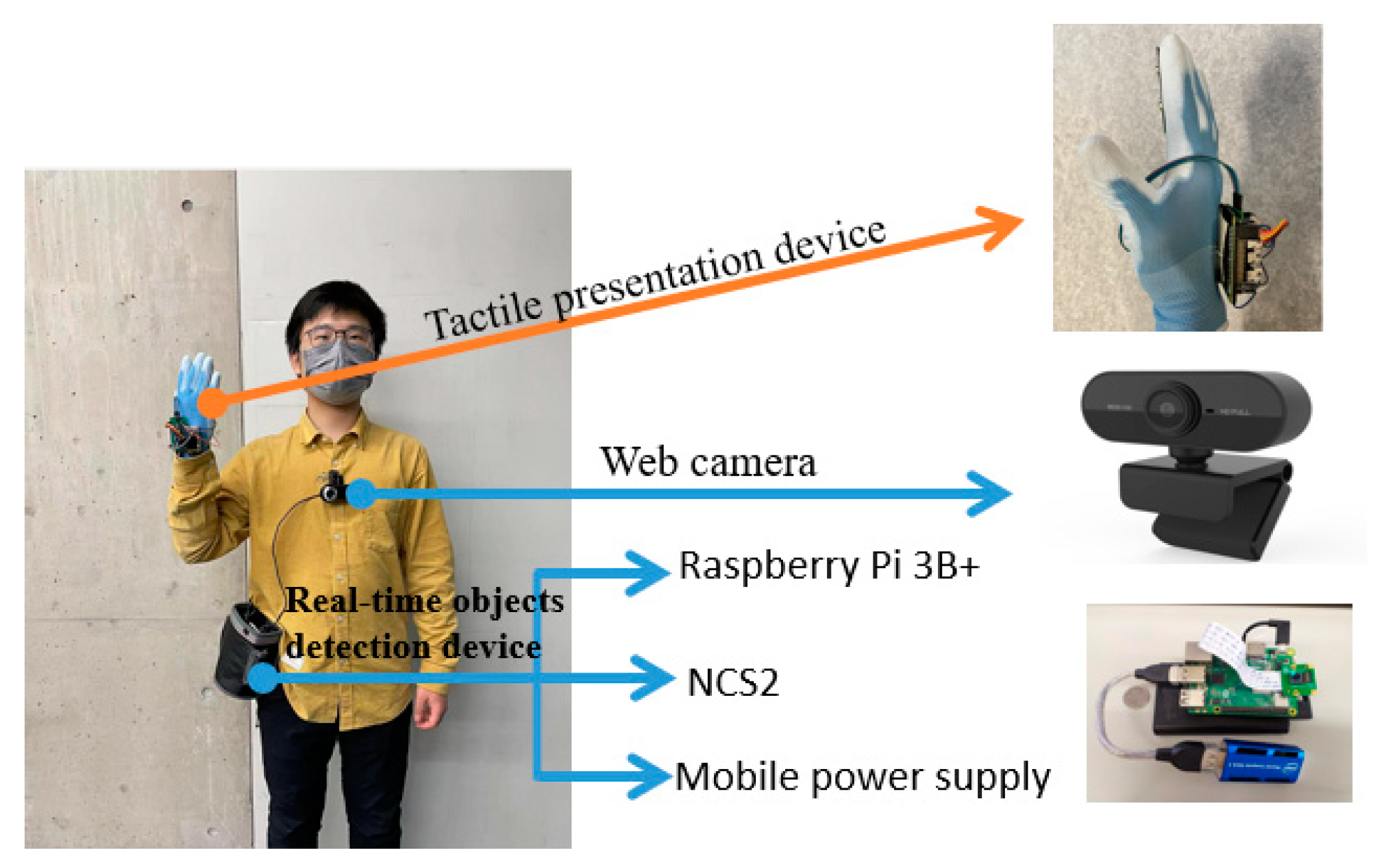Empowering Self-reliance With Assistive Innovation for the Blind
The integration of assistive modern technology right into the lives of individuals with visual impairments represents a significant innovation in advertising self-reliance and self-sufficiency. From ingenious display viewers to advanced smart walking canes, these tools not only improve daily navigating and communication however additionally encourage users to involve meaningfully in different aspects of life. As we discover the myriad benefits and real-world applications of these modern technologies, it comes to be important to analyze the hidden variables that add to their effectiveness and the possibility for future developments in this crucial field.
Summary of Assistive Modern Technology

The advancement of assistive innovation is based in principles of inclusivity and empowerment. Innovations in software application, hardware, and sensory improvements offer customers with choices tailored to their details demands. From screen visitors that convert message to speech, to tactile gadgets that convey details through touch, these devices transform the method people engage with their environments.
Along with sensible applications, assistive technology fosters higher social incorporation and engagement in various markets, consisting of education and work (Voice-activated assistive devices). As r & d remain to develop, the capacity for assistive modern technology to further improve the lives of aesthetically damaged people remains appealing, leading the way for an extra fair culture where everyone can thrive
Types of Assistive Instruments
A variety of assistive gadgets have actually arised to sustain individuals with aesthetic problems, each designed to meet particular requirements and improve day-to-day performance. These tools range from low-tech services to sophisticated technologies, giving varied alternatives for individuals.
Low-tech devices include magnifiers and large-print materials that assist in reading and writing. Braille devices, such as Braille slates and stylus pens, make it possible for responsive reading and communication. Alignment and mobility aids, like white walking canes, aid users navigate their environment safely.
On the greater end of the spectrum, electronic magnification systems and screen visitors provide substantial support. Electronic magnifiers allow users to increase the size of message and pictures on screens, while display visitors convert digital web content right into synthesized speech, helping with access to details on computers and smartphones.
Mobile phone applications also play a vital function, providing features like message acknowledgment and navigating help. Wearable innovation, such as wise glasses outfitted with enhanced reality, is becoming an encouraging tool to improve situational understanding.
Benefits of Assistive Modern Technology
The assimilation of assistive innovation substantially improves the lifestyle for people with visual impairments. These technologies equip customers by advertising independence, allowing them to navigate their atmospheres better and perform day-to-day jobs with better simplicity. Display readers and zoom software program allow individuals to gain access to electronic details, fostering academic and professional chances that may have previously been out of reach.
Moreover, assistive gadgets such as wise walking canes and GPS applications give real-time navigation assistance, improving mobility and safety. This enhanced freedom not only improves self-worth but likewise urges social engagement, allowing users to participate more totally in their areas.
Assistive modern technology likewise assists in interaction, assisting individuals link with others with voice recognition and text-to-speech applications. This ability is important for preserving connections and accessing crucial info.
Additionally, the customization alternatives readily available with several assistive modern technologies make sure that users can customize devices to their certain requirements, better boosting use and efficiency. In general, the benefits of assistive modern technology for individuals with aesthetic impairments are extensive, promoting a much more inclusive culture where everybody can seek their Web Site goals and aspirations.
Instance Research Studies and Success Stories
Highlighting the transformative impact of assistive innovation, numerous case researches highlight exactly how individuals with aesthetic impairments have efficiently incorporated these devices right into their daily lives. One compelling instance includes an university student who used display reading software program to browse academic products and on the internet sources efficiently. This innovation not just facilitated her education and learning yet also improved her confidence in check that joining conversations and team jobs.
One more study includes a professional that employs a mobile phone application designed for navigating and item acknowledgment. By utilizing this app, he has actually regained freedom in both his individual and job atmospheres, allowing him to commute independently and engage with colleagues extra effectively.
Furthermore, a senior citizen shared her experience with braille e-readers, which allowed her to access a large range of literary works and stay connected with her community via book clubs.
These success tales underscore the vital role of assistive innovation in fostering self-reliance, improving lifestyle, and promoting social integration for people with aesthetic disabilities (Smart glasses for the visually impaired). By accepting these cutting-edge tools, customers can overcome obstacles and confiscate possibilities that add to their expert and individual gratification
.png)
Future Fads in Assistive Innovation
Development in assistive technology is positioned to redefine the landscape of assistance for individuals with aesthetic impairments. Emerging fads emphasize the combination of synthetic eye prescription near me intelligence (AI) and maker learning, which enhance the functionality of gadgets that aid with navigation and info accessibility. AI-driven applications are now capable of translating visual data in real-time, enabling users to involve with their setting extra separately.
In addition, the advancement of wearable technology is advancing quickly. Smart glasses furnished with augmented truth (AR) can offer audio summaries of environments, transforming how customers communicate with public spaces. These gadgets not only advertise freedom but likewise foster social inclusion.
Furthermore, the Web of Points (IoT) is making homes smarter, enabling seamless connectivity between assistive tools and day-to-day appliances. This connectivity equips users by allowing automated responses and voice-activated controls tailored to individual requirements.
Final Thought
To conclude, assistive technology plays a pivotal role in encouraging individuals with visual disabilities by improving their self-reliance and involvement with their surroundings. The diverse array of applications and tools available not only facilitates navigating and communication yet likewise advertises social integration and opportunities for individual and specialist growth. As innovations continue in this field, the possibility for boosting the lifestyle for those with visual impairments will broaden, promoting higher autonomy and empowerment.

Comments on “Screen Readers for the Blind: Essential Tools for Digital Access”